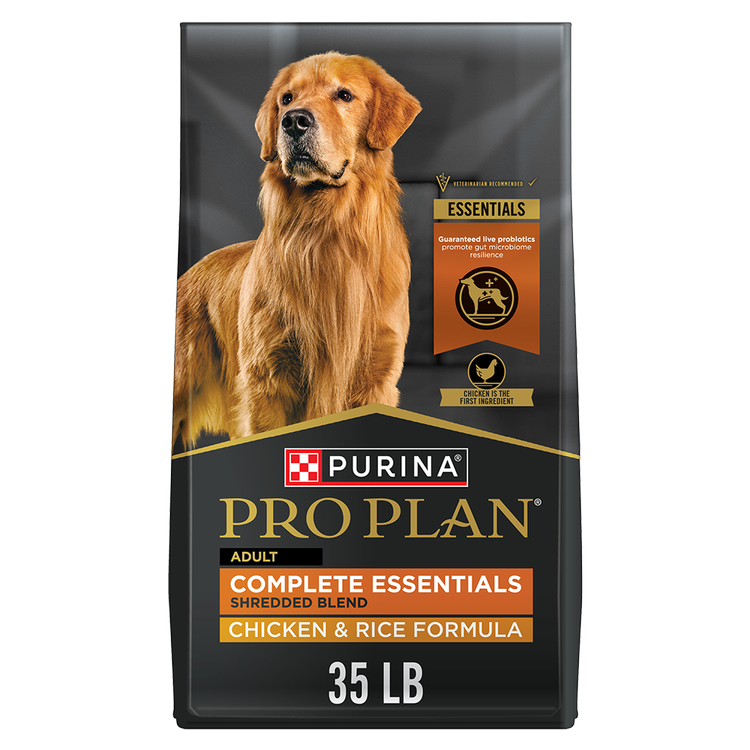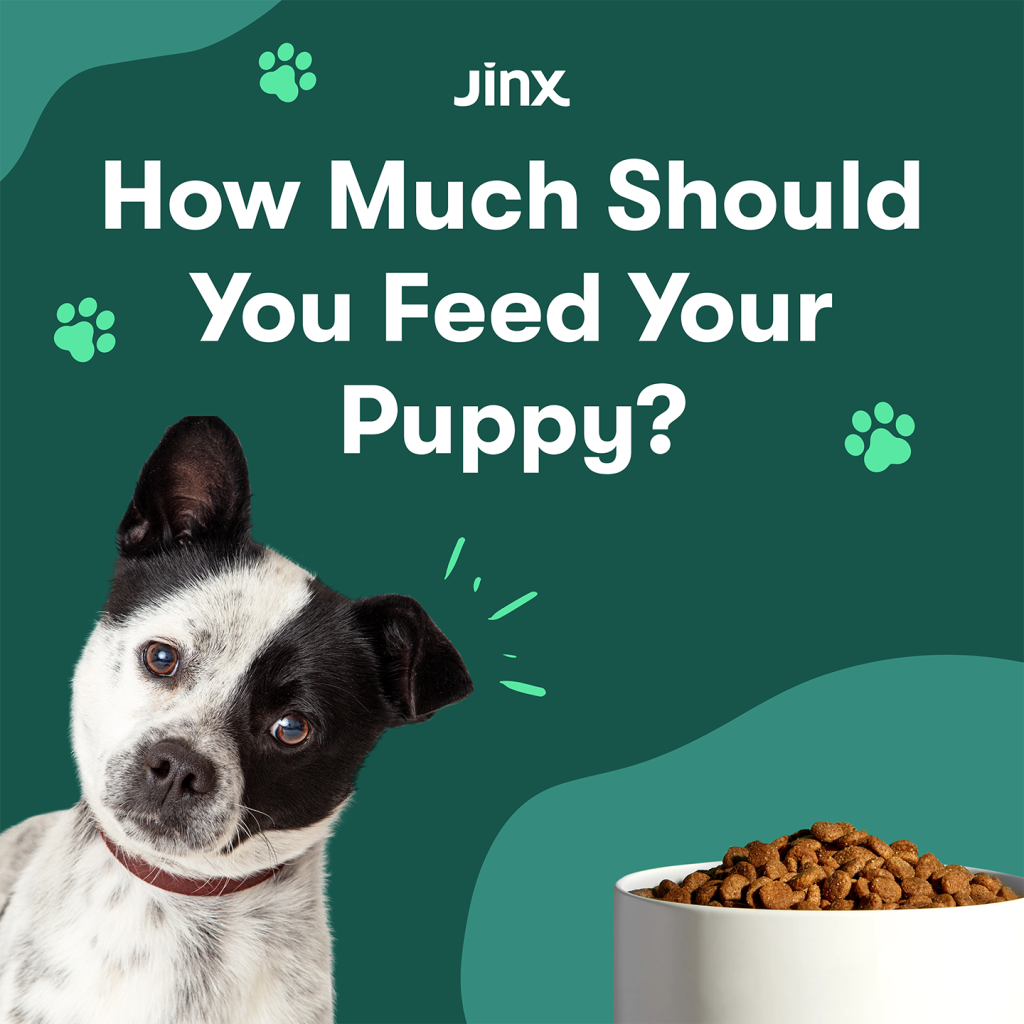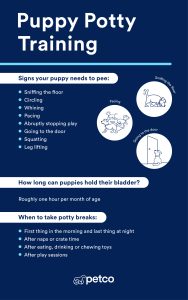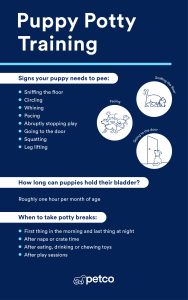Have you ever wondered what happens if you feed your adult dog puppy food? It might seem like a harmless choice or even a way to give your furry friend extra nutrients.
But is it really safe? Could it affect your dog’s health or energy levels? If you want to make sure your dog stays healthy and happy, you need to know the facts. Keep reading to discover the surprising effects of feeding puppy food to adult dogs and learn how to make the best choices for your loyal companion.

Credit: www.purina.com
Differences Between Puppy And Adult Dog Food
Puppy food and adult dog food have different ingredients. They meet the needs of dogs at different life stages. Feeding the right food helps dogs stay healthy.
Understanding these differences can help you choose the best diet for your dog. Let’s look at the main differences.
Nutrient Composition
Puppy food has more vitamins and minerals. These nutrients support growth and strong bones. Adult food focuses on maintaining health and energy.
- Puppy food is rich in calcium and phosphorus.
- Adult food has balanced nutrients for maintenance.
- Puppy formulas may contain extra DHA for brain development.
Calorie Content
Puppies need more calories to fuel their growth. Adult dogs need fewer calories to avoid weight gain. Feeding the wrong amount can cause health problems.
| Type of Food | Calories per Cup |
| Puppy Food | 400-500 |
| Adult Dog Food | 300-400 |
Protein And Fat Levels
Puppy food has higher protein and fat to support muscle growth and energy needs. Adult food has moderate protein and fat to keep dogs fit.
- Puppy food protein: 22-32%
- Adult dog food protein: 18-25%
- Fat in puppy food: 8-20%
- Fat in adult food: 5-15%

Credit: www.youtube.com
Short-term Effects Of Feeding Puppy Food To Adults
Puppy food has more calories and nutrients than adult dog food. Feeding it to adult dogs can cause changes in their body quickly.
It is important to watch your dog’s reaction if you give them puppy food for a short time. Some effects are normal but others may need care.
Increased Energy Levels
Puppy food has extra protein and fat. These give dogs more energy than usual. Adult dogs may become more active soon after eating it.
You might see your dog playing more or acting restless. This boost in energy is because their body is using the extra nutrients.
Digestive Reactions
Adult dogs may have stomach upset from puppy food. Their digestive system is used to adult dog food, which has less rich ingredients.
Symptoms like diarrhea or gas can happen. These usually pass in a day or two if you stop feeding puppy food.
- Loose stools
- Gas or bloating
- Occasional vomiting
Changes In Appetite
Puppy food tastes richer and smells stronger. This can make adult dogs eat more than usual at first.
Some dogs may feel hungrier or refuse adult food later. Appetite changes depend on the dog’s preference and health.
Long-term Health Impacts
Feeding an adult dog puppy food can cause health problems over time. Puppy food has more calories and nutrients made for growing dogs.
Adult dogs have different needs. Giving them puppy food regularly may lead to issues that affect their health and well-being.
Weight Gain And Obesity Risks
Puppy food has more fat and calories than adult dog food. Adult dogs eating puppy food can gain extra weight quickly.
Extra weight puts stress on the heart and organs. It can also cause breathing problems and reduce your dog’s energy.
- Higher calorie content leads to weight gain
- Extra fat increases obesity risk
- Obesity can cause heart and breathing issues
- Weight gain reduces your dog’s activity level
Nutritional Imbalances
Puppy food is made with nutrients for growth, not maintenance. Adult dogs need different nutrient amounts to stay healthy.
Too many vitamins or minerals can harm your dog. Feeding puppy food long-term may cause harmful nutrient imbalances.
- Puppy food has more calcium and protein
- Excess calcium can harm kidneys and bones
- High protein levels stress the liver
- Adult dogs need balanced nutrients for health
Joint And Bone Health Concerns
Too much calcium in puppy food can affect adult dogs’ joints and bones. This may cause pain and mobility issues.
Adult dogs do not need as much calcium as puppies. Feeding puppy food for a long time can lead to bone problems.
- High calcium can cause joint stiffness
- Excess calcium may lead to bone deformities
- Adult dogs need controlled calcium levels
- Proper nutrition supports healthy joints and bones
Behavioral Changes To Expect
Feeding an adult dog puppy food can change how they act. Puppy food has more nutrients to help young dogs grow.
Adult dogs may react differently to this extra nutrition. Some behavior changes are normal to see.
Activity And Playfulness
Your adult dog might become more active when eating puppy food. The extra energy can make them want to play more.
They may run around more and show more interest in toys or exercise. This change can last as long as they eat puppy food.
Possible Hyperactivity
Puppy food has more calories and protein. This can cause hyperactivity in some adult dogs.
You might notice your dog is restless or has trouble calming down. They may bark more or seem anxious.
- Excess energy can lead to jumping and pacing
- Restlessness during the night or quiet times
- Increased need for attention or stimulation
Mood Fluctuations
Some adult dogs may show mood changes when fed puppy food. They might be more excited or irritable.
These mood swings happen because their body adjusts to the richer diet. Watch your dog for any strong changes.
When Puppy Food Might Be Appropriate
Feeding adult dogs puppy food is not common. Puppy food has more calories and nutrients. Sometimes, adult dogs may need this extra support.
Knowing when to feed your adult dog puppy food can help keep them healthy. This guide explains three cases when it might be a good choice.
Underweight Adult Dogs
Some adult dogs are underweight due to their metabolism or poor diet. Puppy food provides extra calories and nutrients. This can help them gain healthy weight.
- Higher calories support weight gain
- More protein helps build muscle
- Added vitamins improve overall health
Recovering From Illness
Dogs recovering from sickness need extra nutrition. Puppy food can help by providing strong nutrients. It supports healing and energy restoration.
| Benefit | Reason |
| High protein | Helps repair tissues |
| Increased fat | Boosts energy levels |
| Essential vitamins | Supports immune system |
High-energy Breeds
Some dog breeds need more calories than average. Puppy food can meet these needs. It keeps active dogs strong and healthy.
Examples of high-energy breeds that might benefit:
- Border Collie
- Siberian Husky
- Australian Shepherd
- Jack Russell Terrier

Credit: www.purina.com
Alternatives To Puppy Food For Adults
Feeding adult dogs puppy food can lead to health issues. Adult dogs need balanced nutrition for their age.
There are suitable alternatives that cater to an adult dog’s dietary needs. Let’s explore these options.
Adult Dog Food Options
Adult dog food is specially made for their needs. It has the right balance of nutrients and calories.
- High-quality commercial dog food
- Grain-free options for sensitive dogs
- Organic dog food for health-conscious owners
Customized Diet Plans
Customized diets can address specific health conditions. These diets meet the unique needs of your dog.
| Condition | Diet Type |
| Obesity | Low-calorie diet |
| Allergies | Hypoallergenic diet |
| Joint issues | Joint support diet |
Consulting A Veterinarian
A vet can provide guidance on the best diet. They assess your dog’s health and recommend suitable food.
Frequently Asked Questions
Can Adult Dogs Eat Puppy Food Safely?
Adult dogs can eat puppy food occasionally, but it’s not ideal. Puppy food has extra calories and nutrients meant for growth. Feeding it long-term may cause weight gain and digestive issues in adult dogs. Always consult your vet for the best diet for your dog’s age.
What Are The Risks Of Feeding Puppy Food To Adults?
Feeding puppy food to adult dogs can lead to obesity and nutrient imbalance. Puppy formulas are richer in fat and protein. Excess nutrients may stress organs and cause digestive upset. It’s best to feed age-appropriate food to support your dog’s health and energy needs.
How Does Puppy Food Affect Adult Dog Digestion?
Puppy food may cause digestive upset in adult dogs due to higher fat content. This can result in diarrhea or stomach discomfort. Adult dogs have different nutritional needs and slower metabolism. Feeding the right food helps maintain healthy digestion and overall wellbeing.
Will Adult Dogs Gain Weight On Puppy Food?
Yes, adult dogs may gain weight if fed puppy food regularly. Puppy food has more calories designed to support growth. Over time, excess calories can lead to unhealthy weight gain. Monitoring portions and switching to adult formulas helps maintain a healthy weight.
Conclusion
Feeding adult dogs puppy food can cause health problems. Puppy food has extra calories and nutrients meant for growth. This can lead to weight gain and upset stomach. Adult dogs need a balanced diet to stay healthy. Stick to food made for their age and size.
Watch your dog’s reaction to any diet change closely. Always choose food that meets their energy needs. Proper nutrition keeps your dog happy and active. Feeding the right food shows you care about their well-being.

Emily Barker is the founder of ChillDogLife.com, a space dedicated to helping pup parents discover the best dog products, lifestyle tips, and cozy ideas for happier homes.
A lifelong dog lover, Emily combines her passion for pets with a knack for research to share trusted recommendations on everything from toys and furniture to health and everyday care.
Her goal is simple: to make life easier, stylish, and more joyful for dogs and the people who love them.







